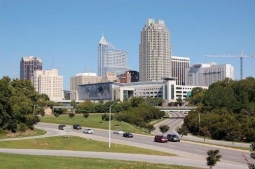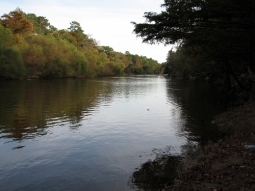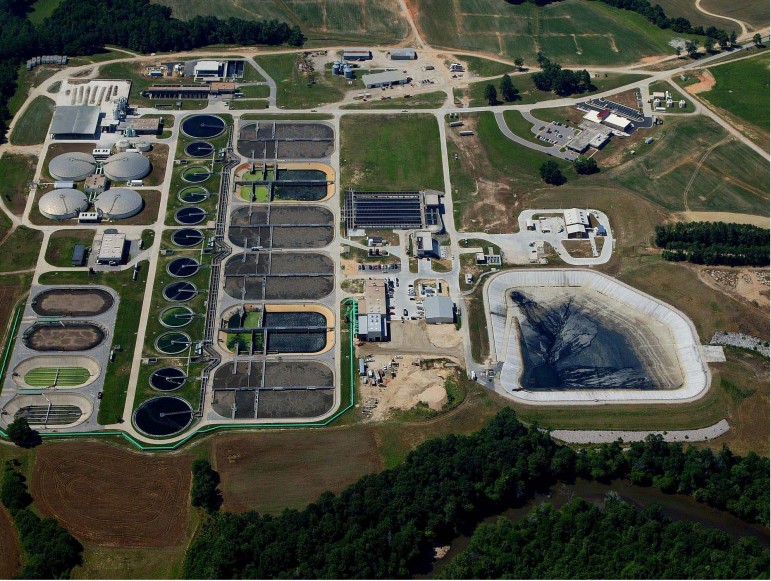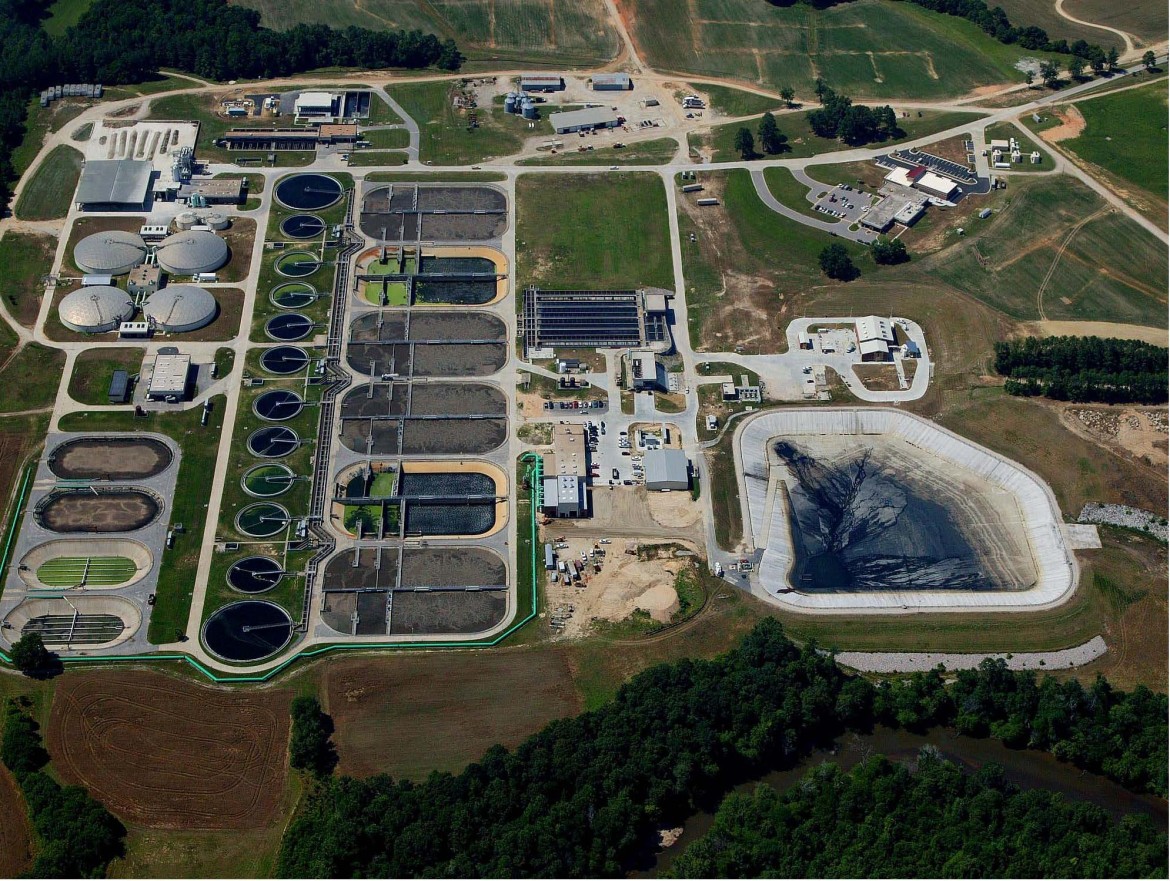City Council authorized Tuesday plans for an interlocal agreement between Raleigh and Johnston County that would allow for joint-planning efforts between the two agencies for the purposes of enlarging each of their water supplies.

Raleigh’s downtown has experienced tremendous growth over the past decade
As one of the fastest-growing cities in America, Raleigh is ranked high compared to other cities in terms of population growth, job growth, and a well-educated population. Soon, however, Raleigh will need to grow in one other area not frequently mentioned: Drinking water.
“The population of our service area (Raleigh, Wake Forest, Garner, Rolesville, Knightdale, Wendell and Zebulon) is expected to grow from the 525,000 we serve today to 1.3 million by 2060,” Kenny Waldroup, Assistant Public Utilities Director, wrote through email. “Several new water sources will be needed to support that population growth.”

The Neuse River
The purpose of the interlocal agreement is fairly straightforward. With the City of Raleigh and Johnston County both using the Neuse River Basin as their source for drinking water, the agreement notes “the possibility exists for the County and the City to leverage greater rate payer benefit from joint planning efforts that eliminate duplication of effort.”
The terms of the Interlocal Agreement are straightforward as well, with Raleigh engaging “its current 50-year period water resources planning consultant” to conduct hydrological modeling in support of the joint efforts. Johnston County then would reimburse the city for half the estimated cost of $20,000 for the water resources planning consultant.
Hydrological testing of the Neuse River Basin — a basin that stretches around 6,000 square miles — falls to Hazen and Sawyer, a team of environmental engineers and scientists that have worked in cities around the country since 1951 and developed, designed, and engineered numerous systems that deal with wastewater and other environmental concerns.
The agreement states both Johnston County and the City of Raleigh “expect some or all of those new water resources to be developed from and within the Neuse River Basin,” which has been known to have high nitrogen levels caused by agricultural runoff, a problem that Hazen and Sawyer helped address with upgrades to the Neuse River Wastewater Treatment Plant.
“Source water quality is always a concern, and the City has been very active in protecting our existing source waters as well as future sources like the Little River Reservoir.” Waldroup wrote. “Poor source water quality can be addressed with more advanced (and expensive) water treatment and the City has some of the most advanced treatment systems in the nation at the D.E. Benton WTP.”

Looking south over Raleigh’s Neuse River Wastewater Treatment Plant.
Part of the process for Hazen and Sawyer is using computational models to accurately represent additional places of water yield — such as from the City of Wilson’s Buckhorn Dam or “run-of-river” intakes on the Neuse River.
For the purposes of the hydrological modeling plan, “it will be assumed that the raw water and finished water transmission capacity is sufficient or would be adequately developed to support the supply sources being investigated.”
All in all, cost to hire the consultants will not exceed $20,000.
